Eight years ago, I qualified for United Airlines Premier 1K status, and earlier this year, I earned American Airlines Executive Platinum status for the first time.
I’ve been mapping out how I could get to the 18,000 Premier qualifying points and 54 Premier qualifying flights to retain my 1K status, but after realizing the cost and time commitment to do so, I’ve been wondering if it’s worth it.
If you’re new to airline elite status or debating whether it’s worth requalifying, here are five thoughts to consider.
It’s easy to overvalue upgrades
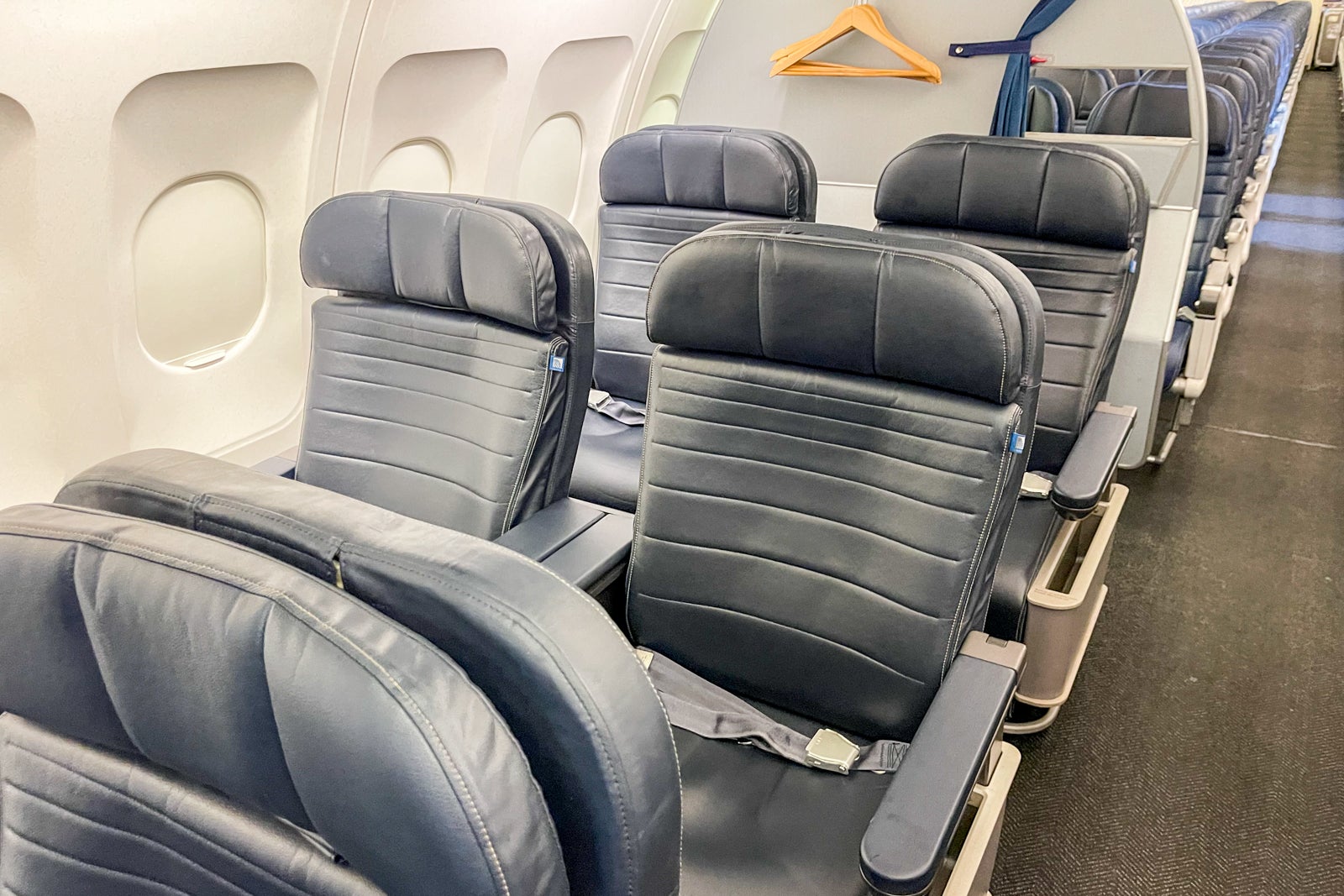
If you have airline elite status, don’t expect many more upgrades to first class by earning a status tier above yours.
When I first qualified for Premier 1K status in 2015, United upgraded me on almost all my eligible flights. But in recent years, it has become increasingly common to encounter long upgrade lists on United flights, especially on aircraft operating hub-to-hub routes. During the past year, I was only able to secure upgrades for approximately 15% of my eligible United flights, which is a testament to the scarcity of upgrades.
This surge in demand has made securing an upgrade even more challenging, even for top-tier elite members.
You might be disappointed if you spend lots of money and time earning airline status in the hopes of more upgrades.
Related: How to get an upgrade when flying on major US airlines
Aim for mid-tier status
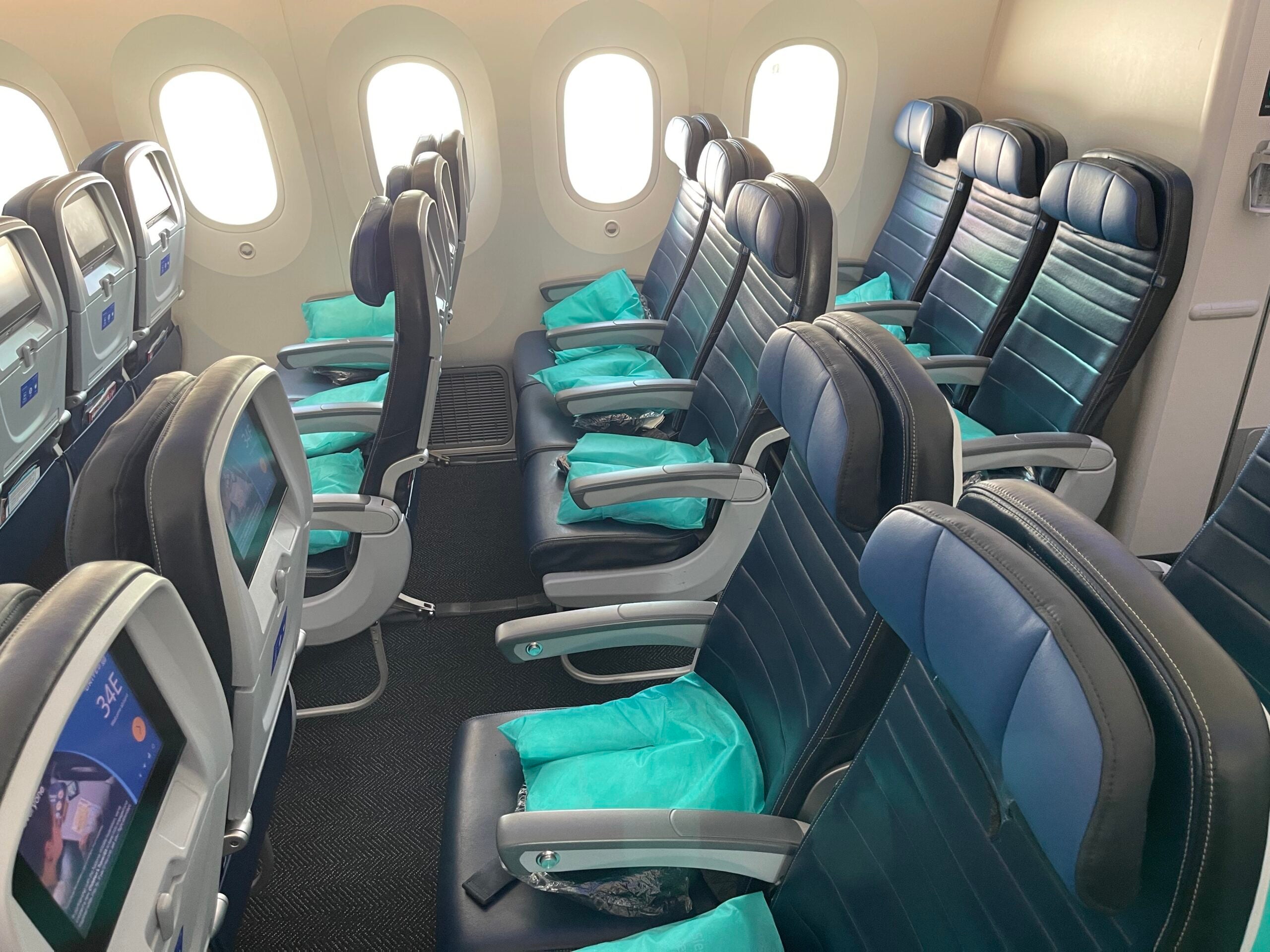
Upgrades aside, mid-tier elite members can expect a similar day-of-travel experience to upper-tier elite members. Here’s a comparison of some popular perks for mid- and top-tier elite travelers with the three major U.S. airlines.
| Benefit | American Platinum/Executive Platinum | Delta Gold/Diamond Medallion | United Premier Gold/1K |
| Boarding | Group 3/Group 1 | Zone 4/Zone 1 | Group 1/Preboarding |
| Extra-legroom seating | At booking/At booking | 72 hours before departure/Shortly after booking | At booking/At booking |
| Checked baggage allowance | Two 50-pound bags/Three 50-pound bags | Two 70-pound bags/Three 70-pound bags | Two 70-pound bags/Three 70-pound bags |
| Alliance status | Oneworld Sapphire/Oneworld Emerald | SkyTeam Elite Plus/SkyTeam Elite Plus | Star Alliance Gold/Star Alliance Gold |
In the case of American and United, mid-tier elite members have access to the same Main Cabin Extra and Economy Plus seats that upper-tier elite members receive, so whether you’re a mid-tier or upper-elite member, you can expect to sit in the same seat. That said, Delta Air Lines further differentiates its Gold and Diamond Medallion statuses by waitlisting Gold Medallion members for Comfort+.
Since most travelers seldom travel with three checked bags, the additional luggage allowance between mid- and upper-tier elite status is often an unrealized benefit.
And finally, if you’re traveling on partner-operated flights, mid- and upper-tier elite members have largely the same perks — including access to American’s Flagship Lounges and United Clubs when booked in economy. There’s only a marginal difference for AAdvantage elite members, as Oneworld Emerald does include first-class lounge privileges.
It’s true that higher-tier elite travelers can access perks like American systemwide upgrades, Delta Global Upgrade Certificates and United PlusPoints, but even those aren’t always easy to use.
Dropping from the upper echelon of elite status to a mid-tier level? It might not be as significant as you think.
It is not always advisable to rely on credit cards for airline status
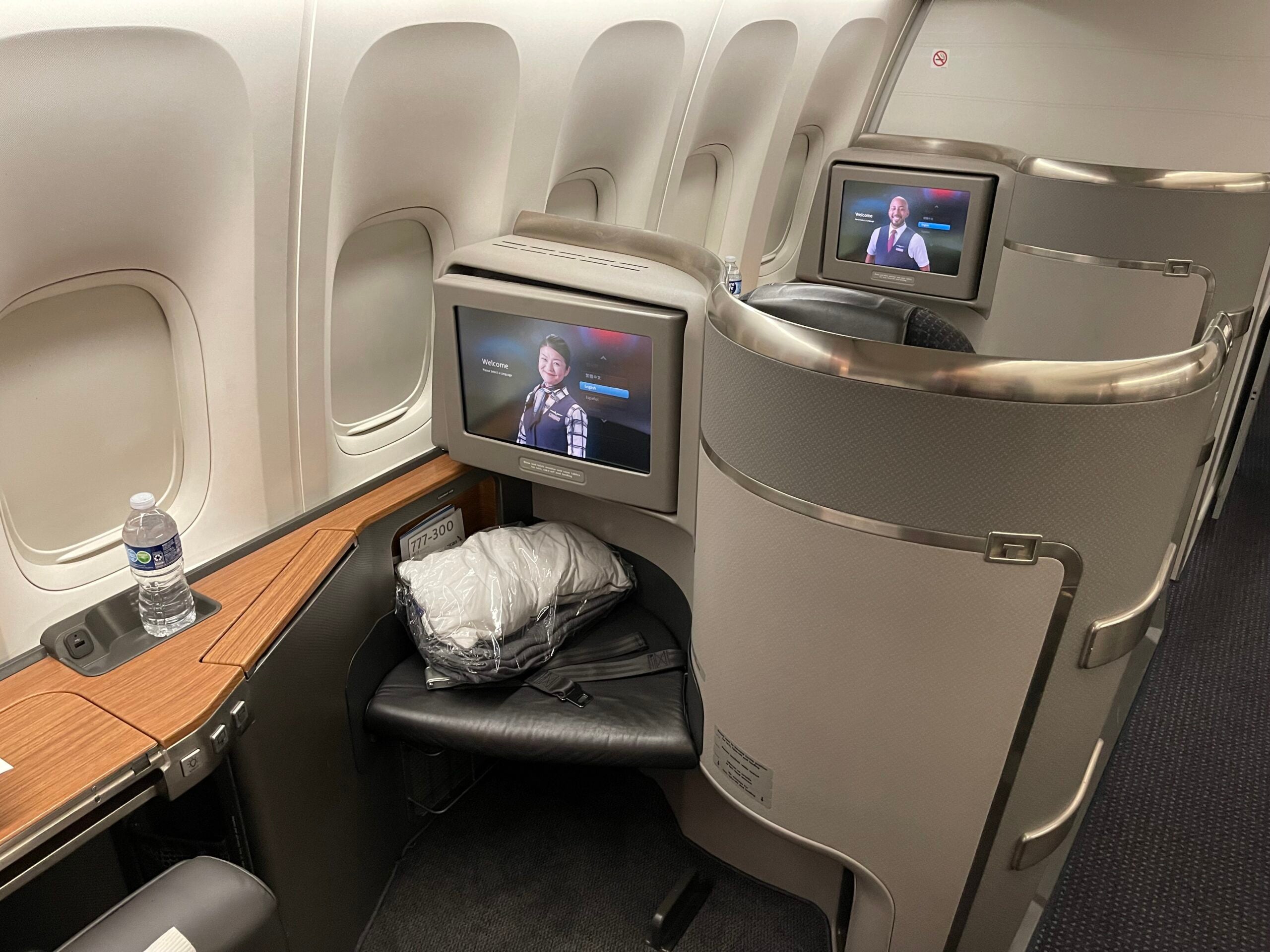
This is a straightforward tip I recommend to all readers.
Whenever possible, avoid relying solely on airline cobranded cards to qualify for top-tier status. Only some of United’s credit cards earn Premier qualifying points, and the ones that do earn at a highly underwhelming rate. You’ll earn just 500 PQPs for every $12,000 in card spending, up to a yearly maximum. You must earn 24,000 PQPs to qualify for Premier 1K status this year if you plan to use United credit cards to accrue PQPs, so you can’t get very close through credit card spending.
Similarly, American Airlines’ credit cards, like the Citi® / AAdvantage® Executive World Elite Mastercard®, (see rates and fees) earn just 1 Loyalty Point per dollar — that’s a long path to the 200,000 Loyalty Points required for Executive Platinum status.
But more importantly, if all your miles are tied to one airline currency, you limit yourself to that currency and risk facing unexpected decreases in mileage value. This occurred in May and June of 2023 when United abruptly raised award rates by more than 100% on certain routes without prior notice.
The solution? Transferable credit card rewards offer the flexibility to convert your rewards into points and miles across multiple hotel and airline loyalty programs, ensuring you can maximize the value of your rewards even if one program undergoes a devaluation. By accessing a wide range of partners, you can select the program that provides the highest value and perks rather than being restricted to a single program.
Here are a few of our favorite cards that earn transferable points:
- The Platinum Card® from American Express
- The Business Platinum Card® from American Express
- American Express® Gold Card
- Bilt Mastercard® (see rates and fees)
- Capital One Venture X Rewards Credit Card (see rates and fees)
- Capital One Venture Rewards Credit Card (see rates and fees)
- Chase Sapphire Preferred Card
- Chase Sapphire Reserve
- Ink Business Preferred Credit Card
- Citi Premier® Card (see rates and fees)
Of course, that doesn’t mean you should entirely shun airline credit cards. These often come with elitelike perks such as free checked bags, priority boarding and even lounge access. They can also jump-start your path to qualifying for elite status. You’re just likely better off using one (or more) of the above cards for your everyday spending.
Related: Maximize your airfare: The best credit cards for booking flights
Partner-issued tickets can be a less expensive way to qualify
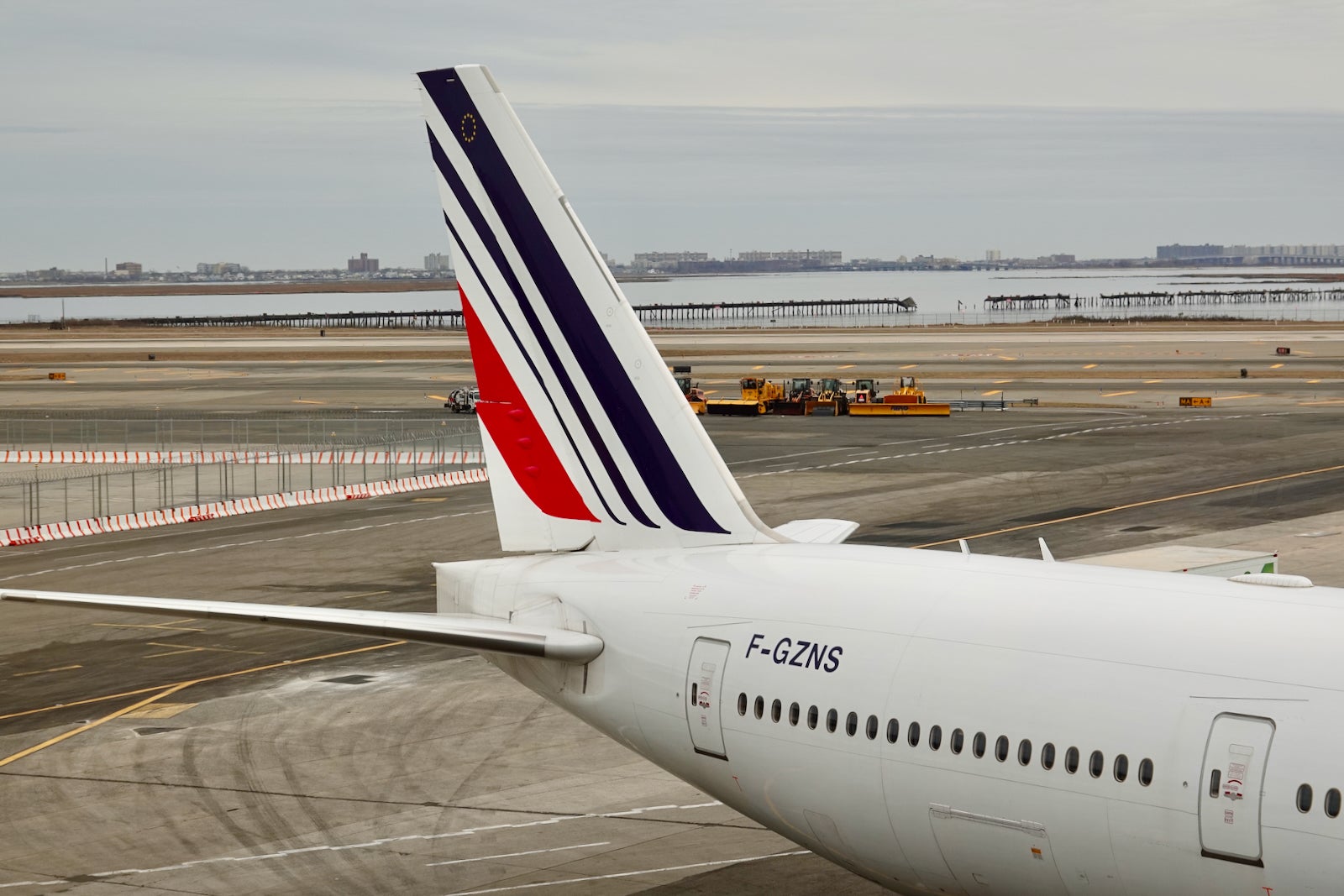
Sometimes, it can feel like a losing proposition to spend enough money to reach the required number of Delta Medallion Qualification Dollars, United Premier qualifying points or American Loyalty Points to earn elite status.
However, you can sometimes credit partner-issued tickets to your preferred airline and earn toward these metrics at a faster rate. That’s because you generally earn on the distance, fare class and partner that operates the flight instead of the price of the ticket. You can read more about this option in these stories:
- Earn American AAdvantage status and Loyalty Points quickly with Oneworld partner flights
- How to earn Medallion Qualification Dollars inexpensively by booking Delta partner tickets
- How to earn Oneworld Emerald status for under $3,000
- United’s best-kept elite status secret: How to earn PQPs faster with partner flights
If you want to earn airline status by crediting partner flights to your preferred program, you’re generally looking for an inexpensive fare, a long flight and a fare class that earns a generous amount of MQDs, PQPs or Loyalty Points.
Related: 6 quick and easy ways to earn Loyalty Points
Cross-airline status can make a big difference
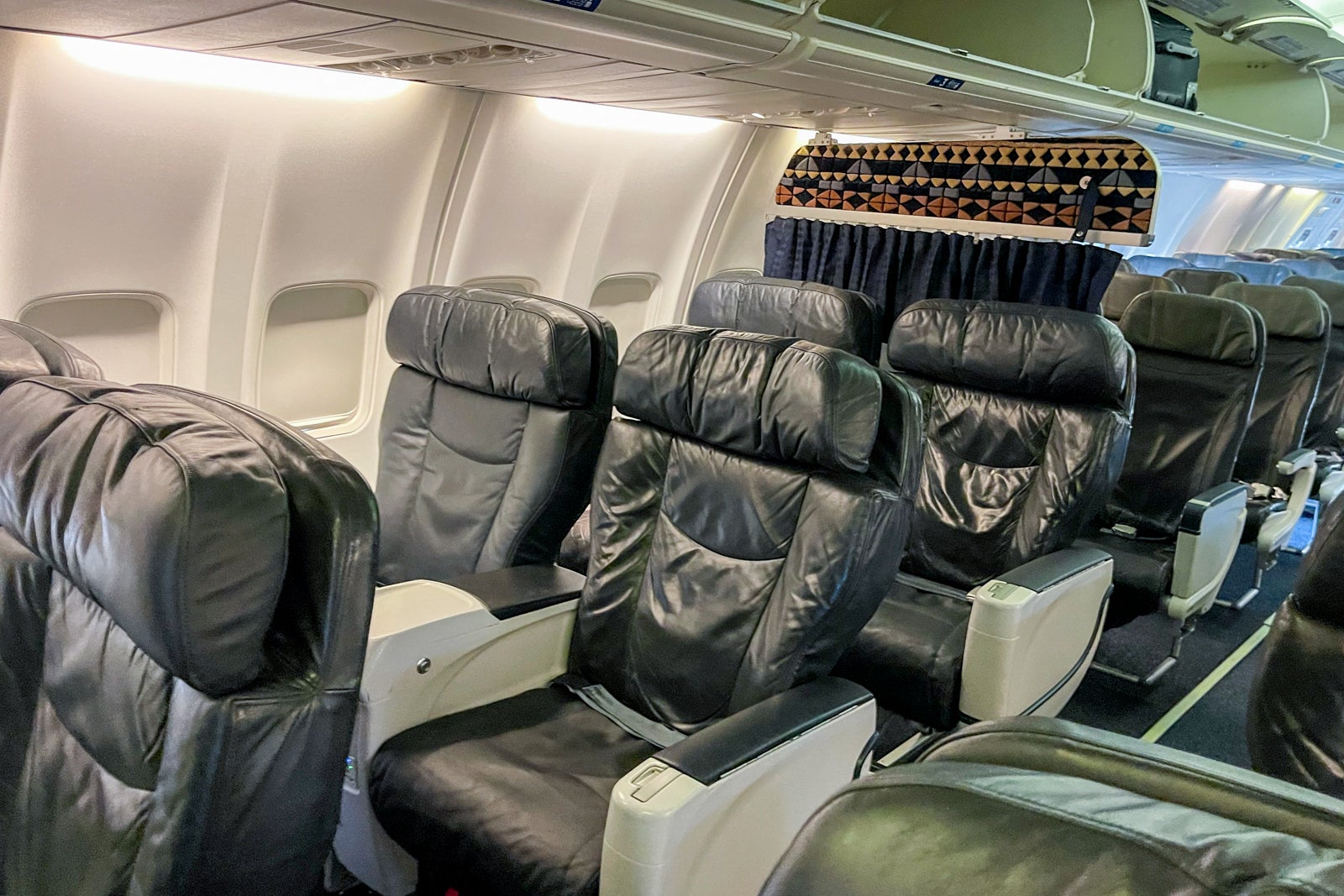
A few weeks ago, I traveled on Alaska Airlines as an American Airlines elite member and was quite impressed with the benefits. Alaska provides eligible American elite members same-day flight changes, priority boarding and first-class upgrades.
With American, Delta and United status, you receive Oneworld, SkyTeam and Star Alliance status, respectively. That can be great for accessing lounges on qualifying international itineraries and receiving day-of-travel perks with partner carriers.
Related: This is how Star Alliance can learn from Oneworld Emerald status
Bottom line
I think airline status is still a game changer with valuable perks like priority check-in and boarding, lounge access on some flights and access to extra-legroom seating. With airline status, you can also save money with complimentary checked luggage and various fee waivers.
Elite members also have dedicated customer service lines, giving them priority assistance in case of flight disruptions. This can make a notable difference in resolving issues, which can help make for a smoother journey.
Overall, airline elite status can reward loyalty and significantly enhance the journey for frequent travelers. However, it’s not the slam dunk it used to be. First-class upgrades can be infrequent, and the differences between mid- and top-tier elite status have narrowed in recent years. If you’re thinking about pursuing airline status in 2023 (or beyond), these considerations can help you make an informed decision.
See Bilt Mastercard rates and fees here.
See Bilt Mastercard rewards and benefits here.



